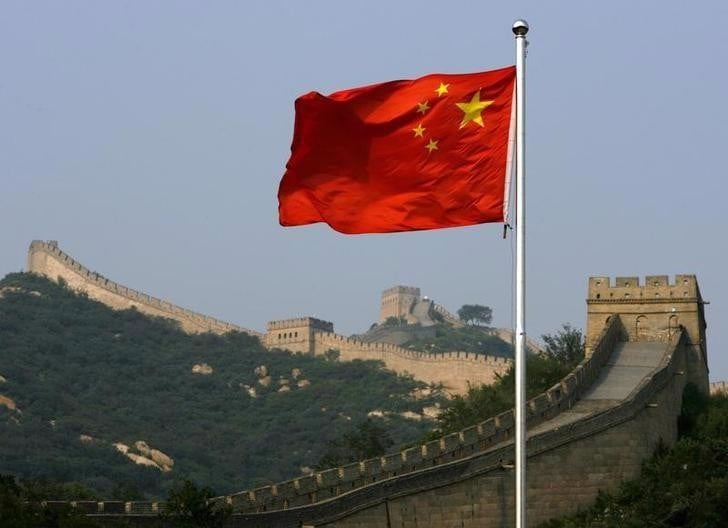 |
| Finding new economic growth drivers will be a major challenge for China in 2024 and beyond. (Source: Reuters) |
Recovery continues to be bumpy?
China's bumpy economic recovery in 2023 is expected to extend into 2024.
China’s reopening in January from the Covid-19 pandemic coincided with challenging economic conditions abroad, with rising inflation around the world making consumers less inclined to buy goods.
Domestically, consumers have been cautious in their spending. Weak purchasing power stems from declining consumer confidence. Experts explain that this is a consequence of the meager aid to households during the pandemic that has left many struggling.
By July, China had bucked the global trend and entered a period of deflation – something it struggled to escape in the second half of the year.
The consumer price index (CPI) fell 0.5% in November from a year earlier - the sharpest decline in three years.
China’s property crisis continues as more developers default and home sales remain weak, plaguing an economy where real estate accounts for about 30% of gross domestic product (GDP) and nearly 70% of household assets.
Notably, in the third quarter of this year, China's net foreign direct investment turned negative for the first time, meaning that foreign investment abroad exceeded foreign investment into China.
Capital outflows from the world's second-largest economy in September reached $75 billion - the highest in seven years, according to Goldman Sachs.
China's stock and bond markets have seen capital outflows for five consecutive quarters, setting a record for the longest period in history, according to the Institute of International Finance (IIF).
In addition, the country's youth unemployment rate exceeded 21% in June. That was the last time China released such statistics.
Many college graduates in China are forced to accept low-skilled jobs to make ends meet, while the rest of the workforce is suffering from plummeting incomes.
Even in the electric vehicle sector — one of the few bright spots for the world's second-largest economy at the moment — the price war is taking a toll on suppliers and workers.
In addition, the International Monetary Fund (IMF) said that the huge debt of local governments in China has reached 12.6 trillion USD, equivalent to 76% of economic output in 2022. This is a major challenge that policymakers will face in the future.
Reform and open up more widely
Asia Times also found that China's old model of credit- and investment-driven growth has been undermined by the real estate crisis as well as weak consumer and export demand.
However, recent data shows that the world's second-largest economy has regained momentum.
China's real gross domestic product (GDP) growth rate in the past three quarters was 5.2% year-on-year. Production of solar panels, service robots and integrated circuits increased by 62.8%, 59.1% and 34.5% respectively in October.
Investment in infrastructure and manufacturing rose 5.9% and 6.2% respectively in the January-October period, offsetting a 9.3% decline in real estate investment. Outside the real estate sector, private investment rose 9.1%.
Consumption also saw a strong recovery, although exports in October fell 6.4% year-on-year, marking a sixth consecutive monthly decline due to weak global demand and the trend of globalization imbalance.
In particular, China's auto exports are likely to exceed 4 million units by the end of 2023, marking an important milestone in the country's industrial upgrading and progress to higher levels in the value-added chain.
Some government advisers expect Beijing to announce a 2024 GDP growth target of around 5% — the same as the one set for 2023 — provided more expansionary policies are in place.
What most economic analysts see is that the world's second-largest economy could use significant reforms to offset the slowdown.
Beijing cannot rely solely on strong stimulus policies to boost people and businesses' expectations, said Ding Shuang, chief China economist at Standard Chartered Bank.
"China needs to create internal momentum for the economy through reforms and wider opening up," the expert said.
Source


![[Photo] Prime Minister Pham Minh Chinh chairs meeting on science and technology development](https://vphoto.vietnam.vn/thumb/1200x675/vietnam/resource/IMAGE/2025/5/17/ae80dd74c384439789b12013c738a045)

![[Photo] More than 17,000 candidates participate in the 2025 SPT Competency Assessment Test of Hanoi National University of Education](https://vphoto.vietnam.vn/thumb/1200x675/vietnam/resource/IMAGE/2025/5/17/e538d9a1636c407cbb211b314e6303fd)
![[Photo] Readers line up to visit the photo exhibition and receive a special publication commemorating the 135th birthday of President Ho Chi Minh at Nhan Dan Newspaper](https://vphoto.vietnam.vn/thumb/1200x675/vietnam/resource/IMAGE/2025/5/17/85b3197fc6bd43e6a9ee4db15101005b)




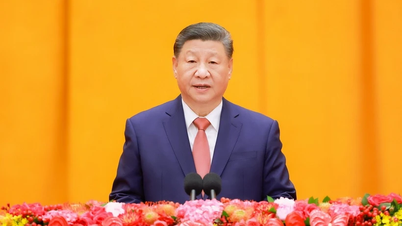

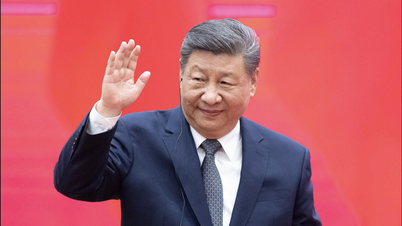



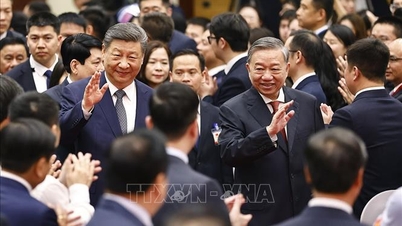

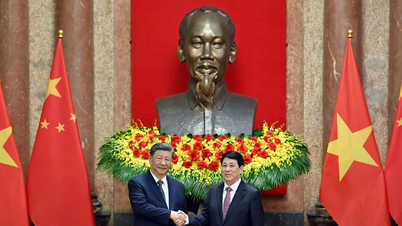




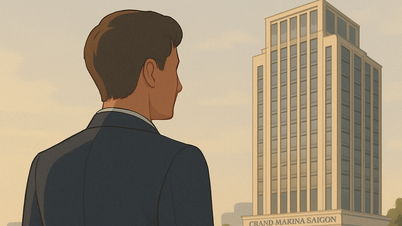
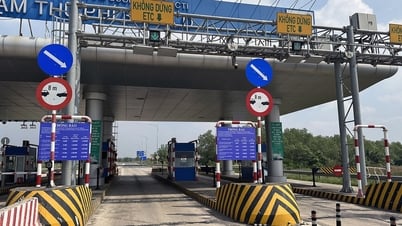

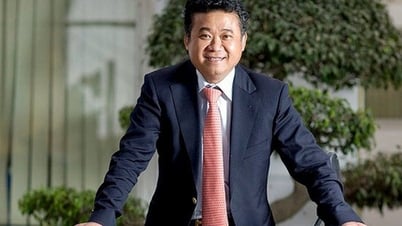




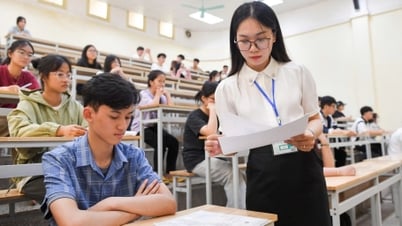


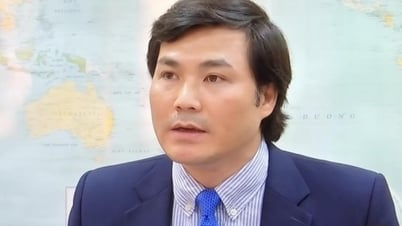

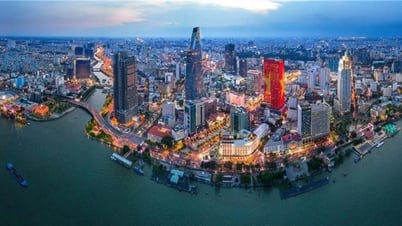
![[Photo] Nearly 3,000 students moved by stories about soldiers](https://vphoto.vietnam.vn/thumb/1200x675/vietnam/resource/IMAGE/2025/5/17/21da57c8241e42438b423eaa37215e0e)





































































Comment (0)